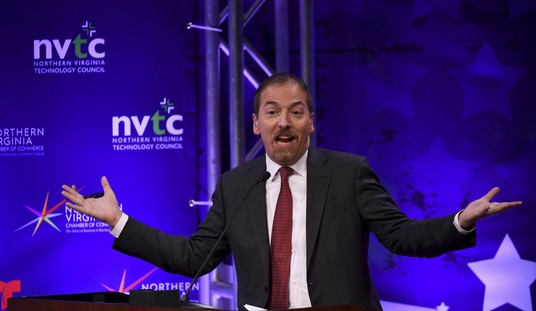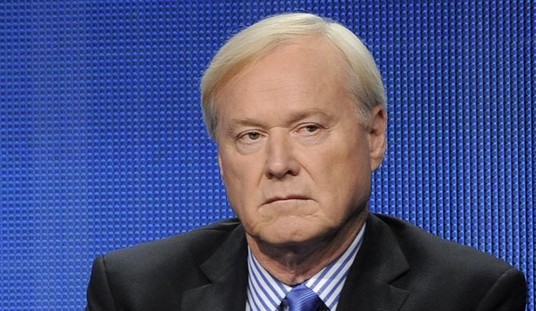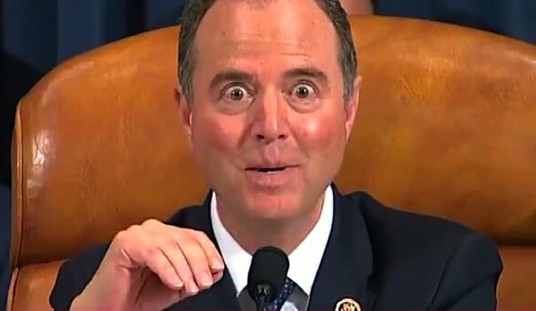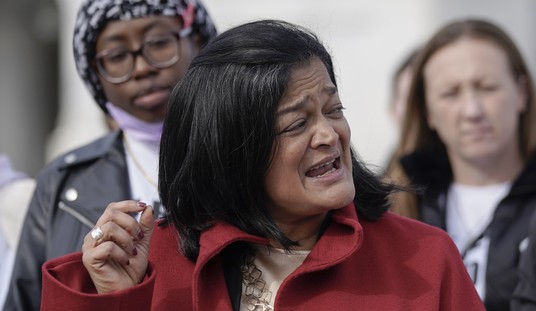On Monday, California governor Jerry Brown signed a bill that will incrementally increase the state’s minimum wage to $15/hour by 2022. Both Democratic presidential contenders indicated their support for this measure:
I applaud California and New York for listening to voters and raising the minimum wage. Now let’s ensure a livable wage in all fifty states.
— Bernie Sanders (@SenSanders) April 5, 2016
Hillary
✔️ has supported a $15 min wage in NY/CA https://t.co/XPSjuZK9IS
✔️ has fought for a federal raise for years pic.twitter.com/EZR1b2fbKj— The Briefing (@TheBriefing2016) April 5, 2016
But did Governor Brown accidentally show his hand during his remarks on why this law was really passed?
See if you can catch it:
“Economically, minimum wages may not make sense. But morally, socially, and politically they make every sense…”
Intentionally or not, Jerry Brown just told us something we already know: that high minimum wages make bad policy by forcing price increases and pricing low-skilled workers out of the labor market.
A survey of LA County businesses confirms these negative effects, and that doesn’t even begin to touch on the impact for less urban ares, which will have an even harder time complying with $15/hour.
California should have heeded the warning signs from Seattle, where the $15 minimum wage is now taking its toll:
Seattle implemented the $15 minimum wage, and here's what happened: https://t.co/jy6PXTrp76 pic.twitter.com/8PqgH8Tn3h
— Forbes (@Forbes) April 6, 2016
Democrats are either still failing to understand the economic implications, or don’t care.
https://twitter.com/SethAMandel/status/716607554697236480
https://twitter.com/Cameron_Gray/status/717682784966467584
And if you still aren’t convinced that high minimum wages have exactly the opposite effect they’re supposed to, I recommend this simple but educational video by George Mason professor Don Boudreaux on why this is:
























Join the conversation as a VIP Member